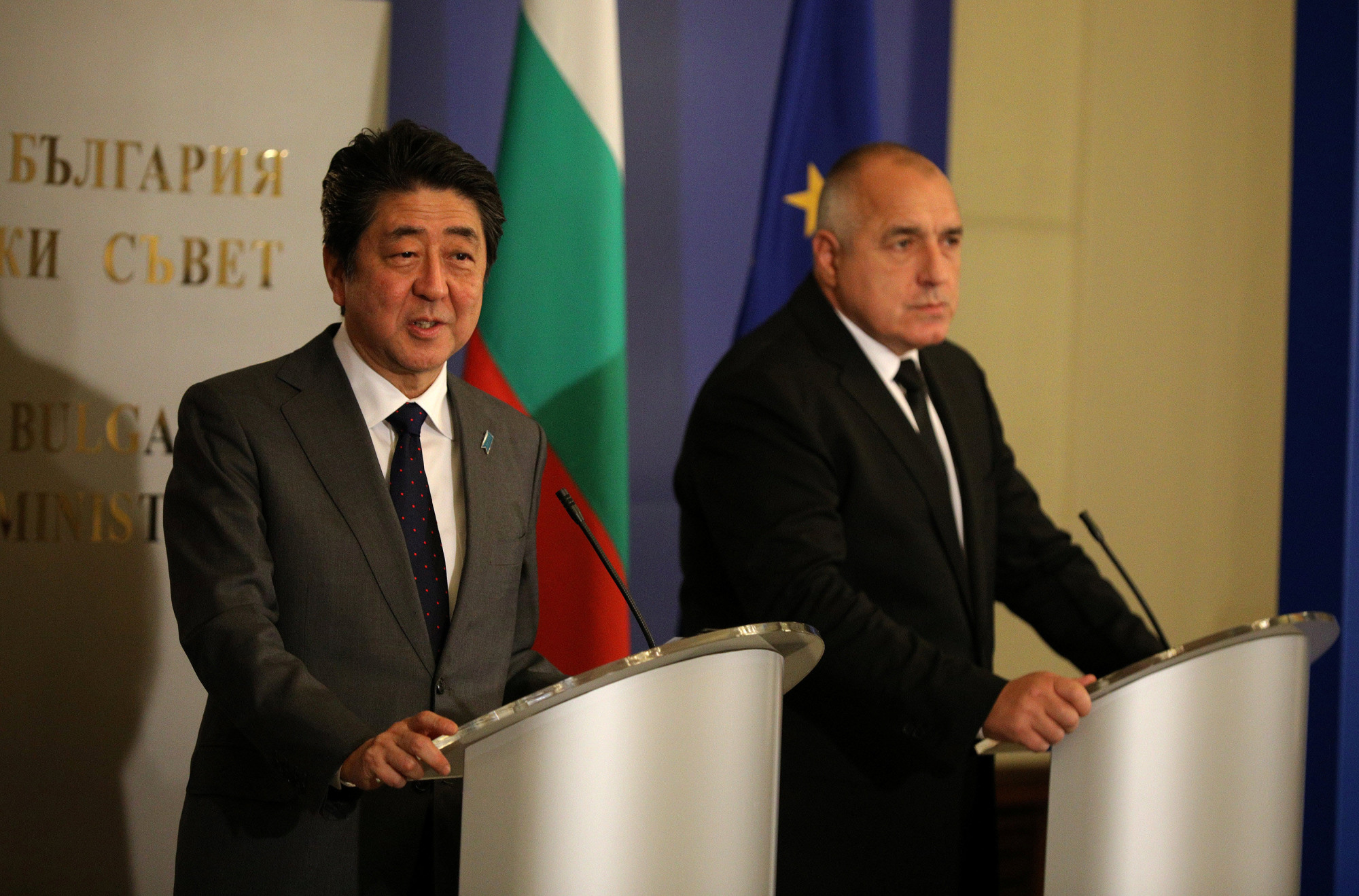When all eyes are on China's global ambitions, Japan is showing a new way of deploying its soft power. Prime Minister Shinzo Abe's visit this week to six eastern European countries — Serbia, Bulgaria, Romania and the three Baltic states — is a historic first. It reflects Japan's understanding that the future of the international economic order will be played in and with Europe.
Some of those countries, starting with Serbia, are part of China's grand plan for a new Silk Road. While the promises of free loans and new rail infrastructure still need to fully materialize, China has spared no expense on winning over Eastern European countries. Abe is telling them and the world that if the global supply chain matters, so do shared values and interests. And he has a strong example with the Japan-EU economic partnership agreement.
The free trade agreement — the world's biggest yet — will give our economies a major boost, lowering tariffs and trade barriers. For a country like Bulgaria, whose prime minister has been at the vanguard of the negotiations, it will open new markets for agricultural exports. Japanese companies have already begun announcing that they will begin new operations in Bulgaria, employing thousands of people and bringing extra income to small businesses further down the supply chain.


















With your current subscription plan you can comment on stories. However, before writing your first comment, please create a display name in the Profile section of your subscriber account page.